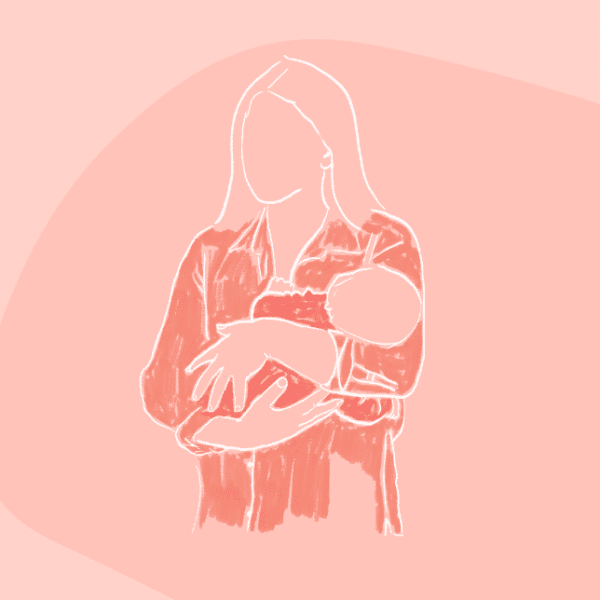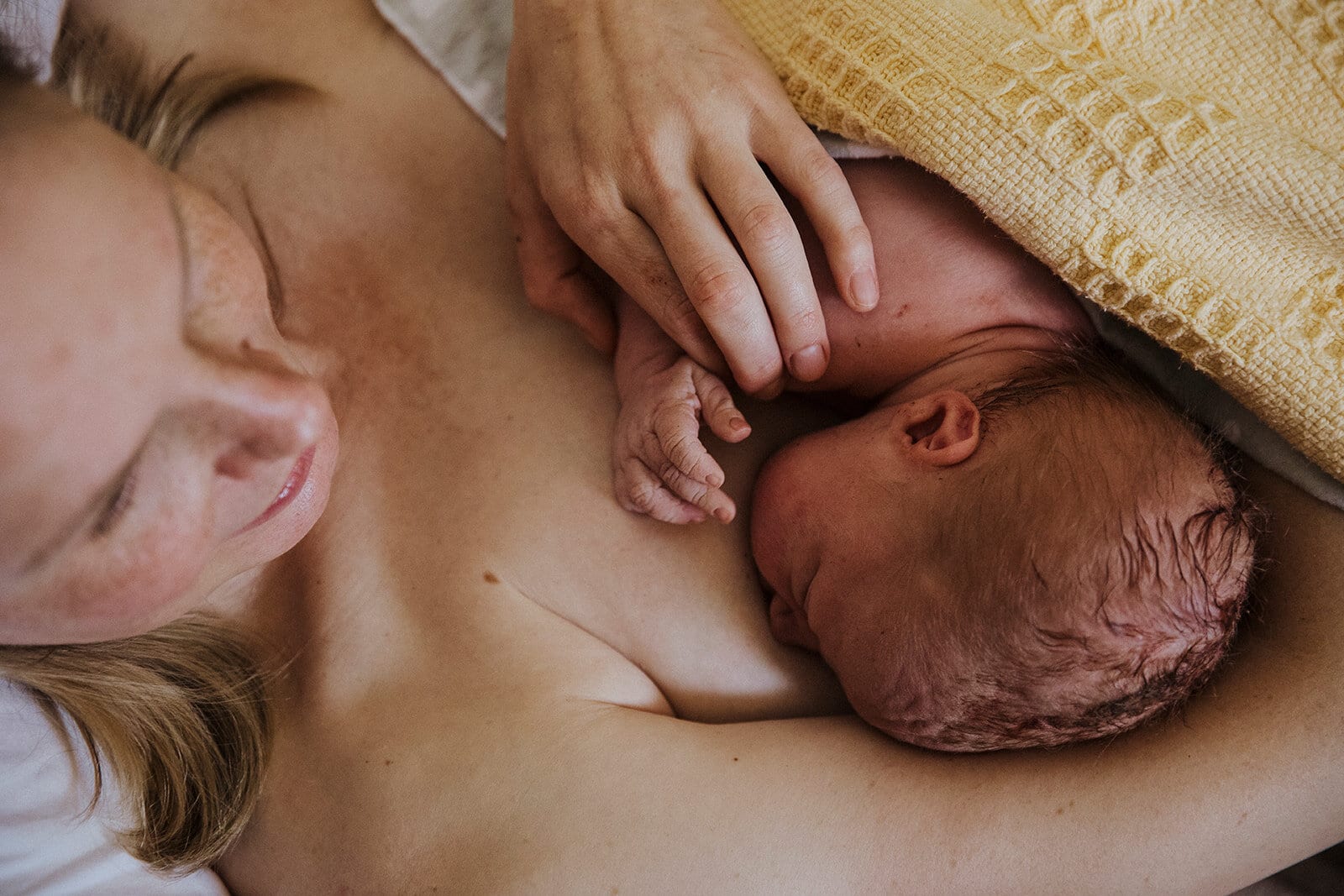Postpartum What To Expect at Your 6-week Postnatal Check
What To Expect at Your 6-week Postnatal Check
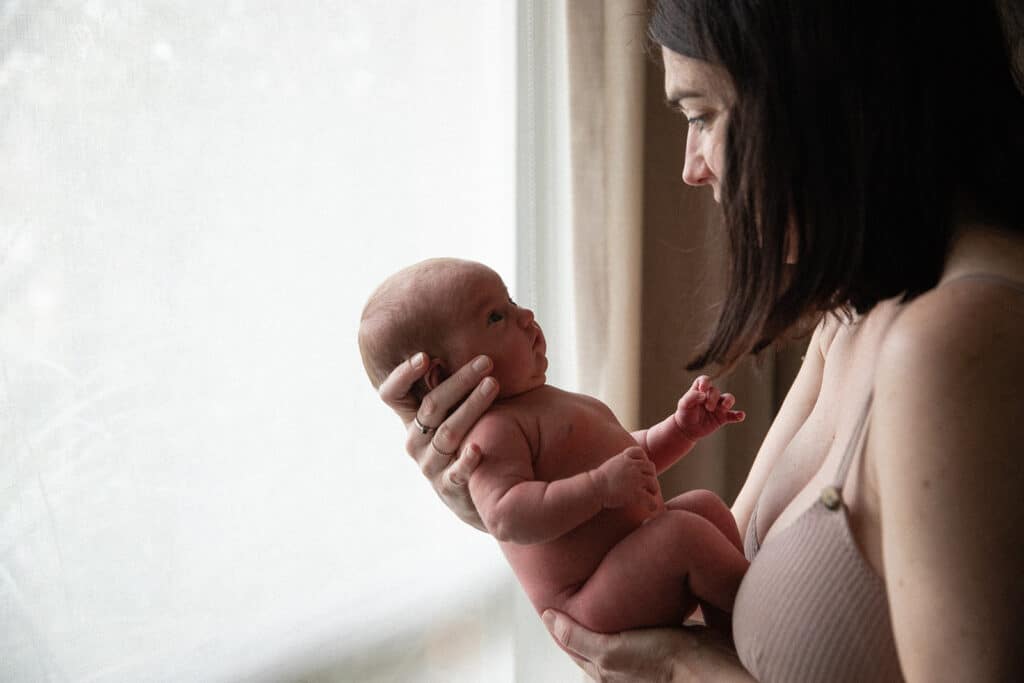
Six weeks after your baby is born, you’ll have a routine postnatal checkup with your GP, obstetrician or private midwife. Here's what to expect in your 6 week postnatal check.
What is the 6 week postnatal check?
It’s important to understand that at the six-week mark you and your baby are still learning about each other and it’s expected that you’ll still feel quite tentative as a new mother. You’re still healing from birth and processing what the experience was like for you, you may be navigating feeding challenges and (most probably) sleep deprivation and as your baby grows and their needs changes, you’re quickly realising that surrendering to the ebb and flow of motherhood isn’t so much a choice but a necessity. Overwhelm is a really common experience at this stage .
Will my baby be checked?
Your baby will be checked at your 6-week appointment but it’s also a chance for you to chat to your care provider about your health. This is an opportunity to be really honest about how you’re feeling physically and emotionally so you can maintain good health moving forward. YOU are important and prioritising your own needs is absolutely essential in the early years of motherhood which are notoriously demanding.
Remember to take any hospital or birth centre notes with you as well as your baby’s record book (often called a blue / red / green book depending on which state you live in) that was given to you at your baby’s birth.
If you don’t know what to expect from this appointment but you want to make the most of it, here’s a few things for you to consider:
Book a long appointment?
A few days after your baby is born, call your GP to make an appointment and request a long one (or do it online via HotDoc). It’s not unusual for GP clinics to be booked out weeks in advance so scheduling a long appointment where you don’t feel rushed is definitely advisable. If you have a private obstetrician you can expect the appointment to be made by their office staff once you’ve birthed your baby. And if you have a private midwife, they’ll typically let you know when they’ll be popping around for their final postpartum visit at the six-week mark (always a sad day if you’ve bonded with them).
Take a support person with you
We really encourage you to limit outings in the first six-weeks after birth but when you do venture out, it’s a good idea to take a support person with you. An extra pair of hands is always welcome as that same person can drive, offer emotional support and assist you when you’re breastfeeding (latching your baby in the first few months can be tricky and feeding in public adds another element to the experience which can make it stressful). Your baby will need to be undressed to be weighed and checked and may also be given their immunisation needles at this appointment so they will typically be unsettled as a result. If you want to get the most from this appointment and have a thorough check-up regarding your own health, a support person to help care for your baby is recommended.
Write a list of questions
it’s normal to be forgetful in early motherhood; your brain is actually rewiring itself to ensure you’re intune with your baby’s needs, hence remembering little details and appointments isn’t a priority. In the weeks after your baby is born, whenever you have a question about your postpartum experience or if you notice something doesn’t feel quite right, make a note of it in your phone. Once it’s time to see your GP or OB, refer back to this list so you feel as though you were honest about your physical and emotional recovery and health post-birth.
Your care provider may offer you a pelvic floor examination
this is particularly relevant if you’ve had a vacuum or forceps-assisted birth, if you have the symptoms of prolapse (very common in postpartum) or if you had a third or fourth-degree tear. Your GP or OB may want to examine your perineum, especially if you had stitches, and with your consent, they may want to do an internal examination which will involve placing two gloved fingers in your vagina while encouraging you to lift your pelvic floor muscles. Alternatively, if you are experiencing symptoms of a weak pelvic floor (again, this is very common after birth), it’s best to seek your care provider’s advice for a local women’s health physio who will work with you to ensure you’re strengthening and relaxing your muscles effectively. Physical birth trauma can have a psychological effect so if this is you please know that early intervention is a really positive step forward. You can read more about postpartum prolapse HERE.
If you had a caesarean birth, your wound will be examined
your GP or OB will want to look at your wound to ensure that it’s healing as expected. They may also ask you about how your wound is affecting your movement, they’ll advise you on appropriate exercise and encourage you to massage your scar regularly to reduce scar tissue.
Blood screening isn’t routine so you may want to request it
Since I wrote THIS article for Women’s Agenda, my inbox has been inundated with mothers sharing stories of their GP dismissing their symptoms until blood tests eventually revealed significant thyroid issues or anaemia. The impact of mineral deficiencies on your mental and physical health is significant and if you are struggling, the consequential overwhelm, anxiety and lack of energy can affect your mothering experience. Be prepared to advocate for yourself at this appointment and request a blood test that looks at thyroid, iron, B12, VitD, magnesium and calcium.
Expect a chat about contraception
You can expect your care provider to ask you about your chosen method of contraception, even if you don’t yet feel ready to have intercourse. Remember: just because your care provider has given you the okay to have intercourse, it doesn’t mean you have to. You can expect your GP or OB to reiterate that breastfeeding isn’t contraception and they may go through your options with you. Don’t feel pressured to make a decision at this appointment.
A Mental Health Assessment is routine
Your care provider will focus a lot of their time on assessing your mental health as the postnatal period is when mothers are particularly vulnerable to postnatal depression and anxiety. This discussion will also include questions regarding domestic violence and drug and alcohol use in the home as well as your social support circle. If your care provider believes that you’re at risk or currently suffering PND or postnatal anxiety, you’ll typically be given a mental health plan that will subsidise appointments with a psychologist.
Categories
Related Products
-
Discovering Motherhood
12 reviews$119.00The 8-part audio program supporting your empowered and confident transition into motherhood.
Get your copy of our Perineal Massage Guide in your inbox
Keep Reading
We think you might enjoy these articles

Why planning for postpartum is just as important as planning for birth – and how to do it right

Cracked Nipples: Causes, Treatment and Prevention
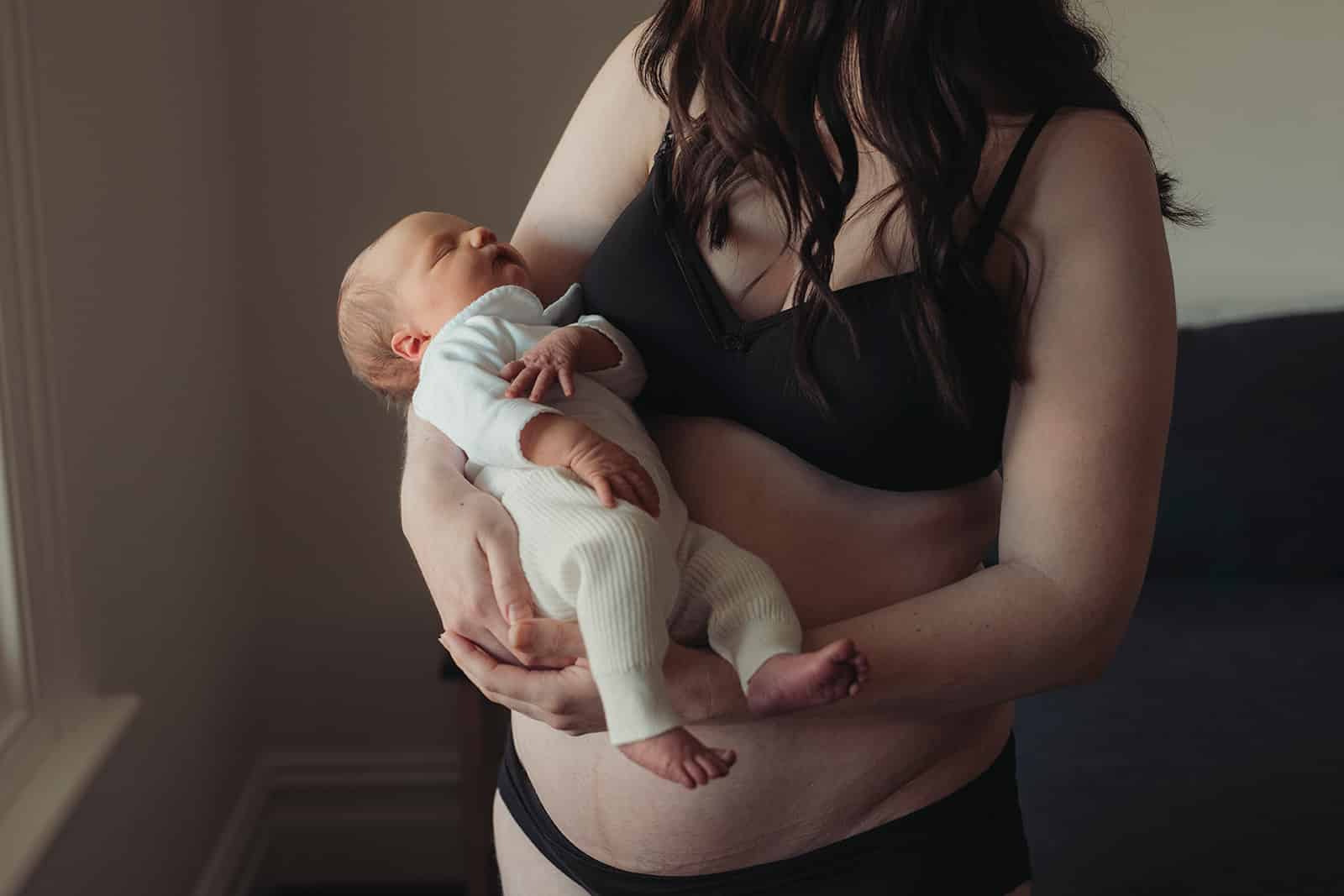
Caesarean Birth Recovery
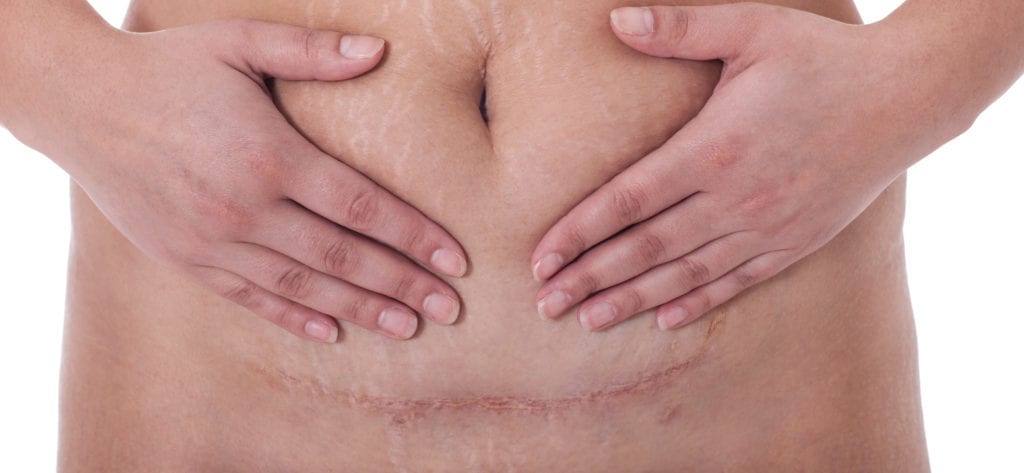
What is a C-Section Shelf?
@AustralianBirthStories
Follow along with us
@AustralianBirthStories
Follow along with us
@AustralianBirthStories
Follow along with us
@AustralianBirthStories
Follow along with us
@AustralianBirthStories
Follow along with us
@AustralianBirthStories
Follow along with us
@AustralianBirthStories
Follow along with us
@AustralianBirthStories
Follow along with us
@AustralianBirthStories
Follow along with us
@AustralianBirthStories
Follow along with us
@AustralianBirthStories
Follow along with us
@AustralianBirthStories
Follow along with us
